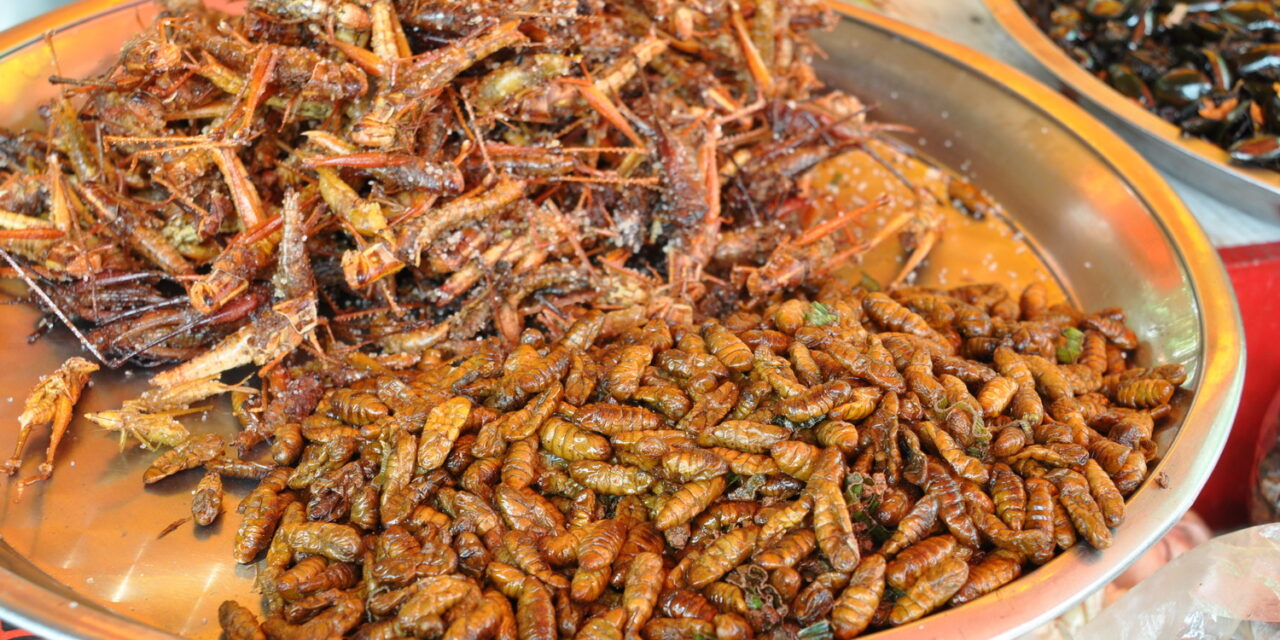The reason for the rejection is partly disgust and the fact that many people see eating insects as a denial of cultural identity.
According to a recent survey, 70 percent of people in Hungary would never consume food containing insect protein.
Although it has been commercially available in Hungary since the beginning of the year, 70 percent of people would never consume food containing insect protein, and only 17 percent agree with their sale in stores, according to the latest Agroinform.hu survey .
The portal reminded him that
from January this year, four insect species (locusts, mealworms, leafhopper larvae and house crickets) can be sold in stores as food or food ingredients (e.g. protein flour), and eight more insect proteins are awaiting approval.
This type of food can be produced in a much smaller area, with less water demand and lower carbon dioxide production than protein from traditional animal husbandry, but due to cultural and emotional rejection, it is almost
it seems inconceivable that such products will gain ground in domestic kitchens within the foreseeable future.
The close responses to the questionnaire of the professional portal Agroinform.hu show that only 20 percent of the respondents are open to eating food that also contains ingredients from insects. Another 11 percent make this dependent on whether the given ingredient is present in the food in a recognizable form (processed insect protein is usually added to food in the form of flour or oil).
However, 69 percent of respondents absolutely refrain from eating insect-based foods.
"This time we repeated our survey from three years ago, and the data show that the consumption of insect protein among the domestic population has not become more popular since then: the rejection rate of 64 percent measured in 2020 even increased slightly," points out Bence Bolyki, the Managing Director of Agroinform.hu.
"Part of the reason for the rejection is disgust and the fact that many people see eating insects as a denial of cultural identity.
In addition, many people consider the lack of knowledge of the related health effects to be risky," he added.
According to 17 percent of the respondents, changes in this area can be achieved in years with serious marketing, but at the same time
According to 69 percent, at least one generational change will be necessary, as the current population is culturally incapable of such a change.
According to 14 percent of the respondents, the change will occur with the increase in the price of traditional foods.
Source: hirado.hu
Photo: shankar s. / commons.wikimedia.org












